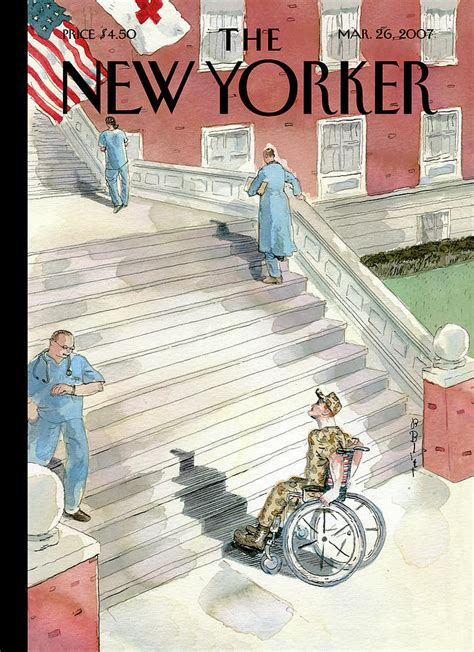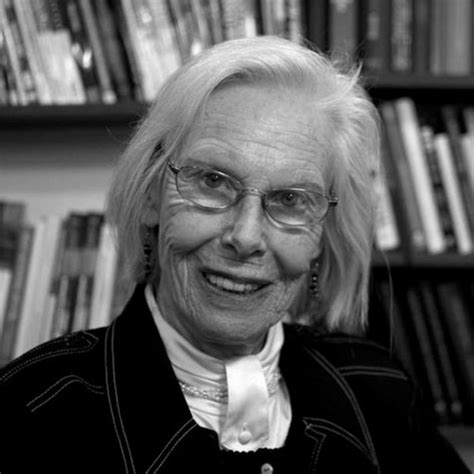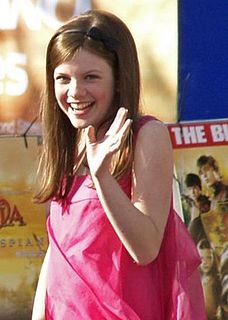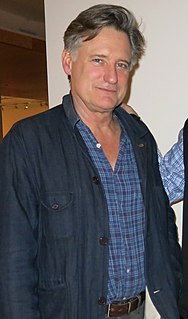A Quote by Vandana Singh
My being Indian is possibly the biggest thing that influences my stories. Not just in terms of settings - most of the settings in my stories are Indian - but also in terms of characters and plot. I think growing up in India grew my imagination in certain ways that would not have happened in any other place. I'm also fascinated by the idea of India, and writing stories allows me to explore this. As for thematic elements, they are probably pretty obvious in my stories. I also hope that my stories bust stereotypes at least to a modest extent.
Quote Topics
Also
Any
Being
Biggest
Biggest Thing
Bust
Certain
Certain Way
Characters
Elements
Explore
Extent
Fascinated
Grew
Growing
Growing Up
Happened
Hope
Idea
Imagination
India
Indian
Influences
Just
Least
Me
Modest
Most
My Imagination
Obvious
Other
Place
Plot
Possibly
Pretty
Settings
Stereotypes
Stories
Terms
Thematic
Thing
Think
Up
Ways
Would
Writing
Writing Stories
Related Quotes
I think - since I was about 7 years old - that was when I was first introduced to the comics called 'Amar Chitra Katha' that are published in India. They're not about a superhero, but they encompass all the stories of India, the folklore, the mythology, everything. But most of these stories are about Indian historical figures.
I feel like in the reading I did when I was growing up, and also in the way that people talk and tell stories here in the South, they use a lot of figurative language. The stories that I heard when I was growing up, and the stories that I read, taught me to use the kind of language that I do. It's hard for me to work against that when I am writing.
The Nigerian storyteller Ben Okri says that ‘In a fractured age, when cynicism is god, here is a possible heresy: we live by stories, we also live in them. One way or another we are living the stories planted in us early or along the way, or we are also living the stories we planted — knowingly or unknowingly — in ourselves. We live stories that either give our lives meaning or negate it with meaninglessness. If we change the stories we live by, quite possibly we change our lives.’
Luckily, my limited attention span is well suited to the velocity of the news cycles. There's an assault of stories coming at you on even a slow-ish news day, but certain things just tend to stick out. Certain stories just seem to have an odd sort of electricity. It does get tricky when you're pitching an image that won't hit the newsstands for another week. Not only can other, bigger stories break in the mean time, but other daily cartoonists, can also come up with the same idea - this is the most depressing thing - and put it out there so yours looks old by the time it's published.
My stories are of gas chambers, shootings, electrified fences, torture, scorching sun, mental abuse, and constant threat of death. But they are also stories of faith, hope, triumph, and love. They are stories of perseverance, loyalty, courage in the face of overwhelming odds, and of never giving up!
Writing two stories [in the Thorn and the Blossom] about the same set of events that were complete stories in themselves, but also added up to a larger story. As I was writing them, I kept going back and forth, because something would happen in one story that would have to be reflected in the other story. And yet the same event would also have to be perceived in different ways by Brendan and Evelyn, because they are different people with their own interpretations.
I don't necessarily think stories have functions any more than diamonds have functions, or the sky has a function... Stories exist. They keep us sane, I think. We tell each other stories, we believe stories. I love watching the slow rise of the urban legend. They're the stories that we use to explain ourselves to ourselves.
At the beginning of my career, a more senior photographer told me to shoot stories on women and I didn't want to. But I spent two and a half years in India and chose to do stories about women because I was shocked by their treatment. My stories in the Middle East and on the border of Europe and Asia were a response to my time in India. They weren't driven by a feminist idea but when you're moved by women's issues in these countries you can't help becoming a feminist somehow.
I'm one of those writers who started off writing novels and came to writing short stories later, partly because I didn't have the right ideas, partly because I think that short stories are more difficult. I think learning to write short stories also made me attracted toward a paring down of the novel form.
Writing stories, adopting other characters, making up fantastic stories and tales, this is a way of perhaps enhancing who I am. Writing stories takes a commonplace old life and makes it all somehow more interesting. And hopefully I can do that in a way that touches a lot of people in their lives, too.





































